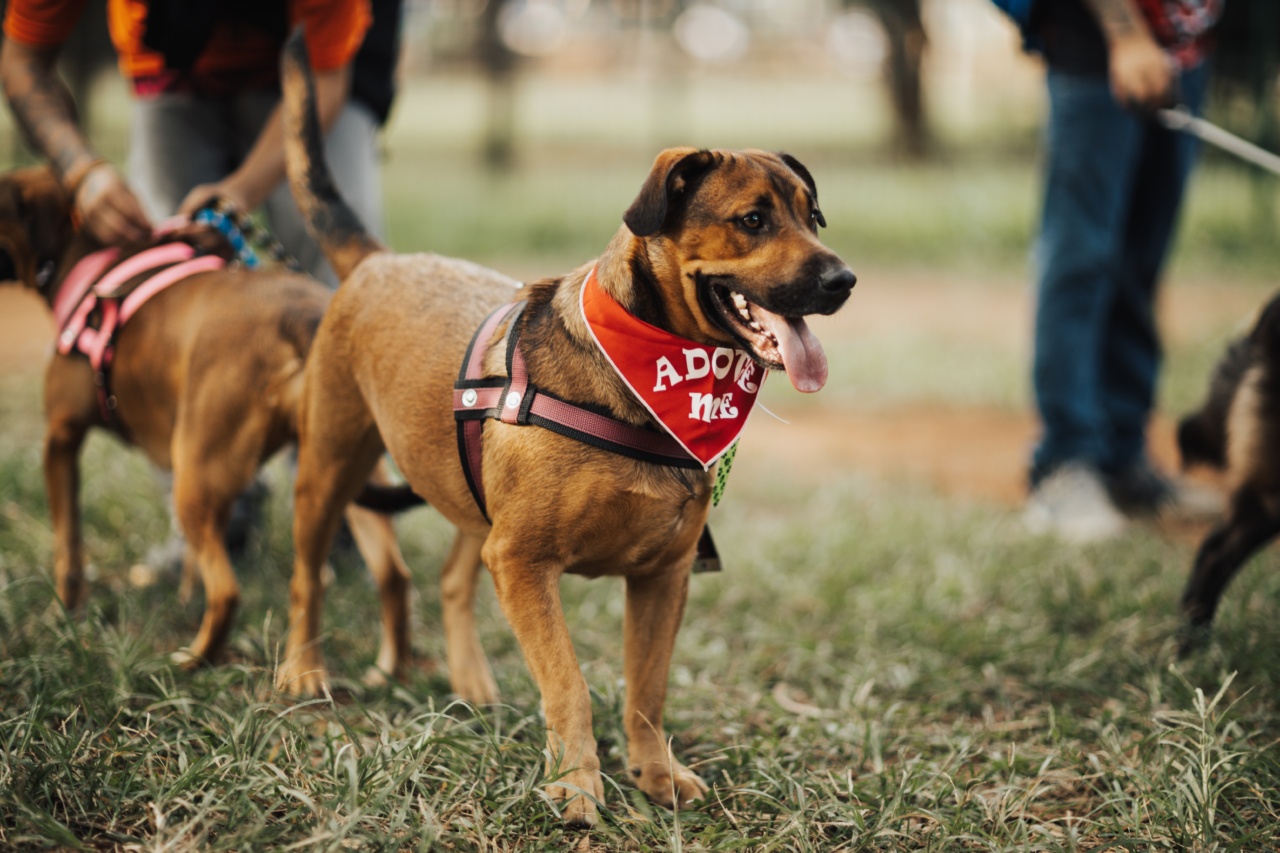Dogs and cats are two of the most beloved pets in the world. These furry friends bring joy, companionship, and fun into our lives. While they are both pets, there are many differences between dogs and cats.
In this article, we will explore 15 similarities and differences between dogs and cats to determine which pet is perfect for you.
Breed
One of the key differences between dogs and cats is their breed. Dogs have many different breeds, each with its own unique personality and appearance.
Cats, on the other hand, come in fewer breeds and are generally more similar in appearance and personality.
Personality
While both dogs and cats have their own personalities, they differ greatly in their overall personality traits. Dogs are known for being loyal, affectionate, and social. They thrive on human interaction and crave attention from their owners.
Cats, on the other hand, are more independent and can be more reserved. They enjoy their alone time and are content to just be in the same room as their owners without necessarily interacting with them.
Care
Dogs and cats also require different types of care. Dogs need more exercise and regular grooming, while cats are generally low maintenance when it comes to grooming.
Dogs also require more attention and training in order to maintain good behavior, while cats can be trained but are generally less interested in following commands.
Lifestyle
If you have a busy lifestyle, you may want to consider a cat as your pet. Cats are generally more independent and can be left alone for longer periods of time.
Dogs, on the other hand, require more attention, exercise, and socialization, which may not be ideal for someone who works long hours or travels frequently.
Temperament
Dogs and cats also have different temperaments. While dogs are more social and outgoing, cats can be more reserved and shy.
This can make cats a better choice for someone who wants a pet that is less demanding and more content to just relax and be by themselves for parts of the day.
Training
Dogs are generally easier to train than cats. They are eager to please their owners and are more receptive to following commands. Cats, on the other hand, can be trained but are not as motivated to learn new tricks or behaviors.
They are more likely to do what they want, when they want.
Health
Both dogs and cats require regular veterinary care, including vaccinations, check-ups, and preventive care. However, dogs are more prone to certain health problems, such as hip dysplasia, ear infections, and obesity.
Cats, on the other hand, are more prone to urinary tract infections, ear mites, and dental disease.
Noise
If you live in an apartment or have neighbors close by, you may want to consider a cat as your pet. Cats are generally quieter than dogs and do not bark or make loud noises.
Dogs, on the other hand, can be noisy and may bark at strangers or other animals.
Grooming
Dogs require more grooming than cats. While cats clean themselves, dogs need regular brushing, bathing, and nail trimming to keep them looking and feeling their best.
Some breeds of dogs also require regular trips to the groomer to keep their coats looking healthy and clean.
Cost
Dogs are generally more expensive to own than cats. They require more food, more toys, and more veterinary care. Dogs also tend to have a shorter lifespan than cats, which means they may require more medical care as they age.
Cats, on the other hand, are generally low cost and low maintenance.
Conclusion
Both dogs and cats make great pets, but they have many differences when it comes to breed, personality, care, lifestyle, temperament, training, health, noise, grooming, and cost.
By understanding these differences, you can determine which pet is perfect for you and your lifestyle. Whether you choose a dog or a cat, you are sure to enjoy the companionship and joy that comes with having a furry friend by your side.






























